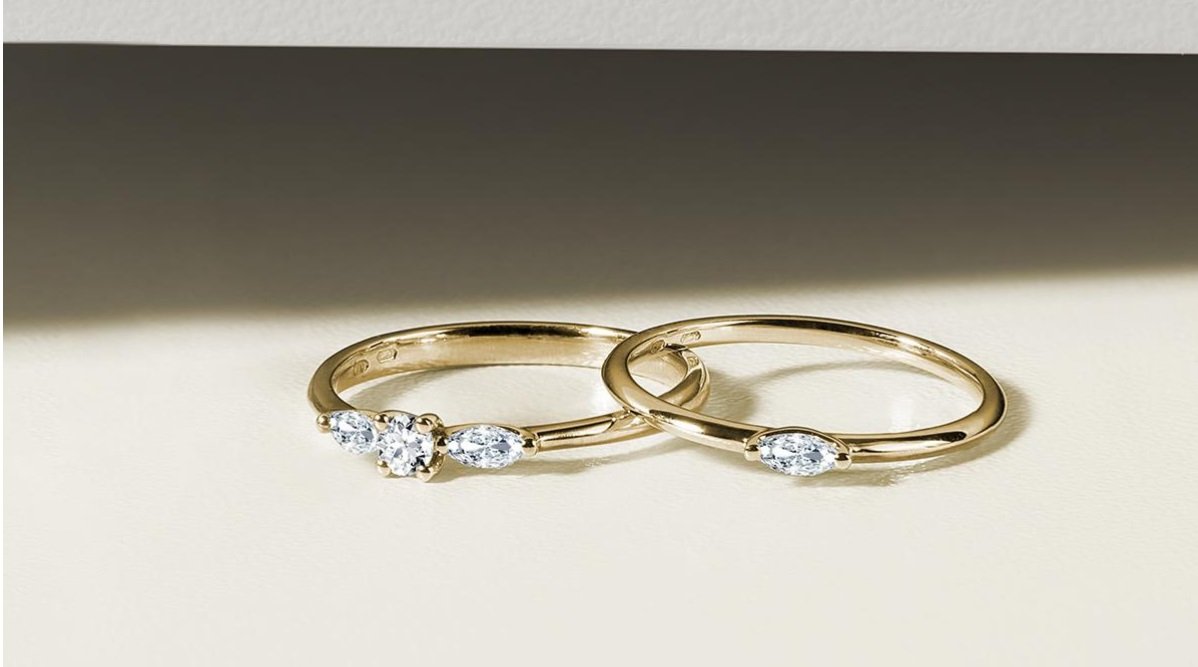The decision to shave or not to shave pubic hair is a personal choice. While some individuals prefer to keep their pubic area neatly trimmed or completely hair-free, others may choose to let it grow naturally. If you opt not to shave your pubic hair, there are several things to consider regarding hygiene, comfort, and potential effects on your health.
In this article, we will explore what happens if you never shave your pubic hair. Learn the Best Ways to Remove Pubic Hairs at ulike blog.
Increased Hair Length and Thickness
If you choose not to shave your pubic hair, it will continue to grow naturally. Over time, the hair in the pubic area may become longer and thicker. The hair growth pattern and density vary among individuals, but without regular shaving or trimming, the hair may grow to a certain length determined by your genetics.
Potential for Odor Retention
Pubic hair plays a role in trapping and diffusing odors that may arise from sweat, urine, or vaginal secretions. While personal hygiene practices such as regular bathing or showering can help manage odor, it is worth noting that longer pubic hair may retain more odor compared to a clean-shaven or trimmed area. Maintaining good hygiene is crucial to minimize any potential odor concerns.
Heat and Moisture Retention
Pubic hair can act as a natural barrier, providing protection against friction and trapping moisture. However, a denser growth of pubic hair may also retain heat and moisture, potentially leading to discomfort or an increased risk of developing certain skin conditions, such as fungal infections or folliculitis. Proper hygiene and keeping the area dry can help mitigate these risks.
Potential for Increased Bacterial Growth
Longer pubic hair may provide a suitable environment for bacterial growth, particularly if proper hygiene practices are not maintained. Bacteria thrive in warm, moist areas, and without regular shaving or trimming, pubic hair may harbor bacteria. Maintaining cleanliness, using gentle cleansers, and practicing good hygiene habits can help minimize the risk of bacterial overgrowth.
Potential for Increased Risk of Contracting Sexually Transmitted Infections (STIs)
While the presence or absence of pubic hair does not directly affect the risk of contracting sexually transmitted infections (STIs), longer pubic hair may make it slightly more challenging to visualize and clean the genital area effectively. This can potentially increase the risk of STI transmission. However, it is important to note that the primary method of reducing STI risk is through safe sexual practices and using barrier methods, such as condoms.
Personal Comfort and Aesthetic Preferences
The decision to shave or not to shave pubic hair is a matter of personal comfort and aesthetic preference. Some individuals find that leaving their pubic hair untouched provides a sense of naturalness, while others may prefer the feeling of smoothness and tidiness that comes with shaving or trimming. Ultimately, it is important to choose what makes you feel comfortable and confident in your own body.
Conclusion
Choosing to shave or not to shave your pubic hair is a personal decision that should be based on your comfort, hygiene practices, and personal preferences.
If you opt not to shave your pubic hair, it will continue to grow naturally, potentially becoming longer and thicker. However, proper hygiene practices, including regular cleansing and maintenance of the pubic area, can help minimize any potential drawbacks associated with not shaving. It is essential to prioritize cleanliness, comfort, and personal well-being when deciding how to manage your pubic hair.

